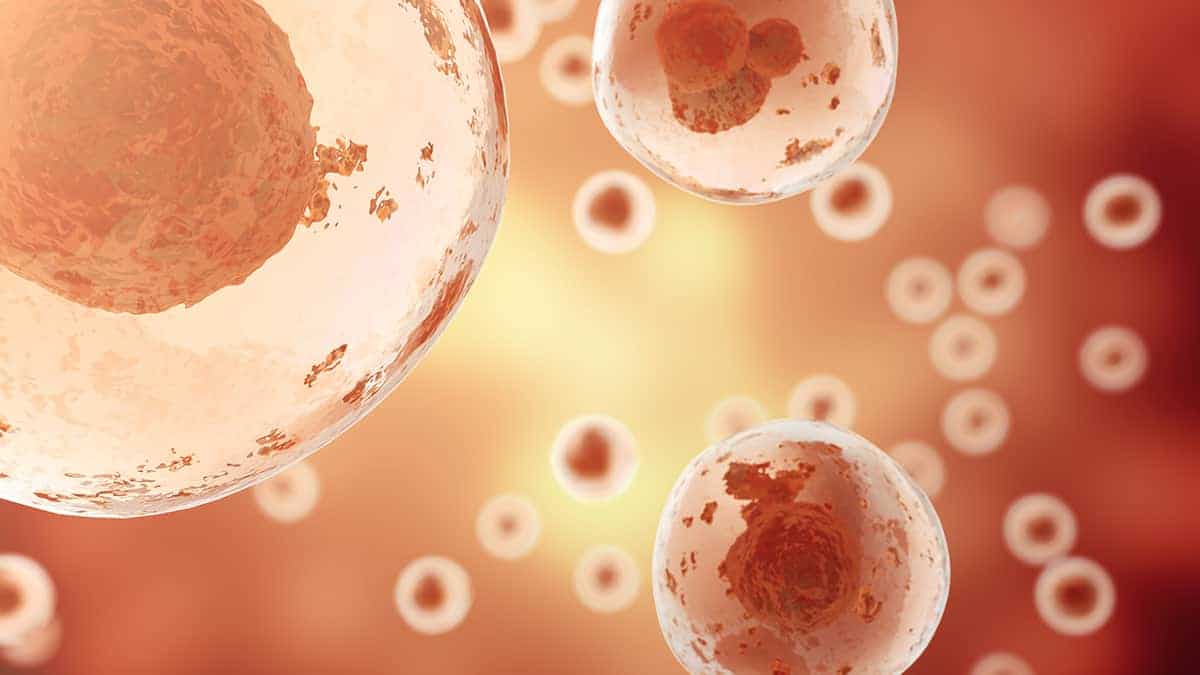Intermittent fasting is a type of eating plan based around periods of eating and periods of fasting, or avoiding food. Whether you realize it or not, you already go through a period of fasting over the course of a typical day: you fast while you sleep. When following an intermittent fasting plan, you purposefully make these fasting periods longer, by skipping certain meals or by not eating at all on some days. Intermittent fasting isn’t like a traditional diet plan – it doesn’t tell you exactly which foods to eat or how much food to have. Instead, intermittent fasting tells you when to eat.
Why are People Trying Intermittent Fasting?

In the past couple of decades, researchers have realized that one of the reasons calorie restriction may be effective is because it often leads to long periods of fasting. Therefore, many new studies are currently underway to study whether intermittent fasting can also lead to good health and long life.
Weight Loss and Muscle Gain

When it comes to dropping pounds, intermittent fasting is at least as effective as cutting calories. In fact, some clinical trials have found that fasting may lead to even greater amounts of weight loss. Additionally, people with a higher BMI are especially likely to shed pounds when on an intermittent fasting eating plan. Researchers think that the reason fasting helps you lose weight is that it can boost metabolism.
In recent years, intermittent fasting has become very popular among health and fitness enthusiasts, with many personal trainers and fitness communities recommending the diet. Scientific research shows us there is probably good reason for this. Multiple studies have looked at the combination of intermittent fasting with resistance training, which includes strength-building exercises such as weight lifting and bodyweight exercises. The studies found that the combination of fasting with resistance training led people to burn more fat and maintain or possibly even build more lean muscle.
Other Health Benefits

Heart Health
Intermittent fasting can boost heart health in several ways. It can help people lower blood pressure, heart rate, cholesterol, and insulin levels. Fasting also drops levels of fat and sugar in the blood. All of these factors affect a person’s likelihood of developing heart disease or of having a heart attack or stroke. It’s possible that intermittent fasting eating plans could reduce a person’s risk of disease by keeping these factors under control.
Additionally, fasting may help lessen the impact of a poor diet. For example, eating a lot of saturated fat increases a person’s risk of heart disease. When mice are fed a high-fat diet, they develop obesity, high insulin levels, and fatty liver disease. However, mice that are fed a high-fat diet but are only allowed to eat for limited periods of time each day don’t have these heart disease risk factors.
Interestingly, a few studies have looked at the effects of fasting in religious populations. Studies of Muslims and Latter Day Saints found that people were less likely to have heart disease or heart failure while going through a religious fast.
Diabetes
Some studies have also shown that intermittent fasting plans can improve insulin sensitivity and blood sugar levels, meaning that their bodies can better digest and use sugar. When the body becomes more efficient at metabolizing sugar, a person is less likely to develop diabetes. However, these studies have only looked at short-term health effects, and some other studies have shown mixed results. It’s not entirely clear yet whether intermittent fasting can directly lower a person’s diabetes risk in the long run.
Brain Disorders
Intermittent fasting may help the brain age in a healthy manner by encouraging brain cells to grow and form new connections. Animals who fast are better protected against injury and have lower rates of Alzheimer’s disease and Parkinson’s disease.
Cancer
Initial laboratory studies have found that fasting can starve tumor cells and activate genes that protect cells from cancer. In animals, intermittent fasting leads to fewer tumors, less cancer growth, and increased sensitivity of tumors to treatments like chemotherapy. In human studies, very early results have shown that fasting diets may shield cells from damage and lead people to have fewer symptoms after undergoing chemotherapy. These early studies haven’t yet been able to tell us whether intermittent fasting can be an effective cancer treatment in humans. However, many clinical trials studying this question are in progress.
Other Effects
Early evidence also shows that intermittent fasting may reduce symptoms of other diseases such as asthma, arthritis, and multiple sclerosis, and may help heal wounds more quickly.
Intermittent fasting may also have several other health benefits, such as:
- Cells are more protected from damage
- Cells can more easily repair themselves
- The body increases levels of antioxidants
- Cells can more efficiently produce energy
- Old or damaged cells are removed from the body and recycled
- Lower levels of inflammation
These benefits can lead to better physical and mental health. For example, animal studies show that intermittent fasting leads to much better physical endurance, as well as boosted balance and coordination. Additionally, restricting calories may lead to better brain function and an improved memory.
How Does Intermittent Fasting Work in Your Cells?

- Cell Damage: As your cells process food and extract nutrients, they create toxic molecules called free radicals. It’s possible that giving your body fasting periods helps cells produce fewer free radicals. Fasting also allows your body to heal and repair damage.
- Circadian Rhythms: Your circadian rhythms are part of your body’s internal clock. Your body clock links eating/fasting cycles with the outside day/night cycles. This helps your body maximize its energy during the day, when you’re awake. When our body clocks become mismatched with the outside day/night cycles, problems can result. Studies of intermittent fasting have found that when people eat for a shorter period in the middle of the day, they have health benefits related to better metabolism and heart health, but these benefits aren’t seen when the feeding period is later in the evening when it’s dark.
- Ketosis: Intermittent fasting can lead to a change in metabolism. After eating, your body uses carbohydrates such as sugars for fuel, and stores the fat. During fasting, sugars are no longer available in the blood supply, so your body starts using up the fat it stored. During this period, the body also produces molecules called ketones that it can also use as fuel. Ketones also help cells work properly by controlling many proteins within the cell, such as growth factors, DNA repair enzymes, and sirtuins, proteins that control many aspects of health and aging.
How Do I Go About Intermittent Fasting?

- Alternate-day fasting consists of skipping food for a full 24 hours. This may be done once or multiple times per week. For example, one common fasting plan is the 5:2 diet, where someone fasts for two non-consecutive days in a week and then eats normally for the other five days. Or, someone may rotate every other day between fasting and eating. Some alternate-day plans tell people not to eat anything for the entire day, while others say that eating a couple hundred calories is okay.
- Time-restricted fasting is when someone fasts for certain hours each day. They may eat for only eight hours and then fast for 16 hours, or eat during a four-hour window and fast for the remaining 20 hours of the day. In this case, fasting means that you completely go without food. However, it’s important to still drink water during this time, so that you don’t get dehydrated. Other zero-calorie drinks such as coffee are also okay to have during fasting periods.
Most intermittent fasting plans don’t tell you exactly which foods to eat during feeding times. However, it’s still important to eat healthful foods while doing fasting plans. Eating more plant-based meals supplemented with healthy proteins such as chicken or fish will amplify the health benefits that come with intermittent fasting. If you are eating a lot of saturated fats, sugar, and salt during your eating periods, you may still be at increased risk for developing several different diseases.
Is Intermittent Fasting Safe?

By way of example, fasting may be risky for people with diabetes, especially for those who are on medications such as insulin that may cause hypoglycemia. Fasting could lead a person’s blood sugar to drop too quickly.
When women try intermittent fasting, some may find that they stop having their period. If this happens to you, try going back to a normal eating pattern and consult your doctor. Additionally, if you’re pregnant, trying to become pregnant, or breastfeeding, it’s probably not healthy for you to try intermittent fasting.
Minor Side Effects
When fasting, it’s common to feel very hungry. In clinical trials, people have also reported other minor side effects, such as:
- Feeling cold
- Headaches
- Feeling light-headed
- Difficulty concentrating
- Experiencing mood swings
- Less energy
- Bad breath
- Constipation
- Not being able to stop thinking about food
While these symptoms may be difficult to deal with, they do seem to go away over time. After a month or so, people tend to not feel as hungry or experience these symptoms.
Bigger Risk Factors
Sometimes, people who try IF eating plans are at risk for malnutrition. Taking vitamin or mineral supplements may help you ensure your body is continuing to get the nutrition it needs. Additionally, make sure to eat sufficient protein during meals, as protein malnutrition is a possible concern.
People trying IF should also be aware of signs of more serious health problems. Talk to your healthcare provider if you become dizzy, nauseous, or weak, or if you have trouble sleeping or faint.
Is it Possible to Do Intermittent Fasting Long-Term?
So far, we don’t know of any safety concerns for healthy people who try intermittent fasting over the long haul. However, it might be tough to stick with this eating plan, as it can be very inconvenient or be difficult to incorporate into your daily routine.
It may help to gradually ease into a fasting eating plan. For example, if you’re doing alternate-day fasting, you could try to eat 1000 calories on fasting days for the first month, 750 calories the second month, and 500 for the third. Or, to gradually take on time-restricted fasting, you could try to gradually extend your fasting time each day. Try fasting for 12 hours every day the first month, 14 hours the second month, and so on until you hit your goal. If you immediately jump into a very restrictive plan, you may have more trouble sticking with the diet.
For best results, work with a registered dietician or nutritionist to come up with an eating plan that works for you. A professional nutritionist can help you make sure you’re getting all of the nutrients you need to stay healthy and see maximum health benefits!

